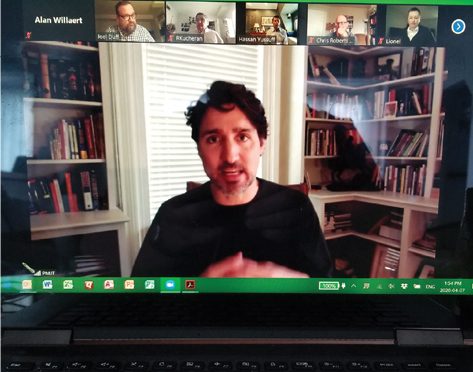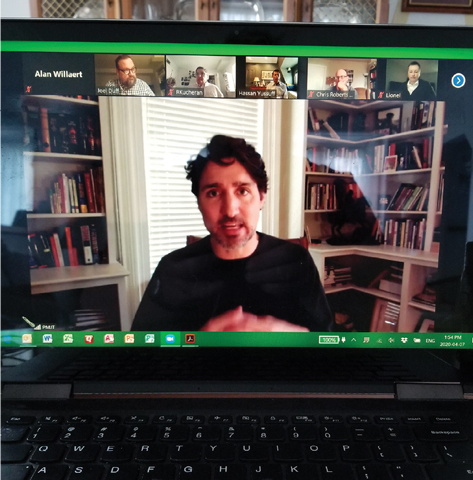Pour voir cet article en français, cliquez ici.
The consensus among the leadership and staff of the entertainment-based unions is that the devastation caused by COVID-19 is total and complete. Moreover, if and when business starts to open up and folks slowly return to work, the performing arts will be the last to get the all-clear sign; and then begins the hard part—recovery. Theatres, symphony halls, concert venues and bars are unlikely to suddenly fill with patrons. Indeed, there will be restrictions on numbers and spacing, which means fewer ticket sales and crushed profit margins.
This, on top of a music economy that was already severely weakened by 20 years of digital mayhem, cannibalized by the demonetization of recorded product. For decades, record sales were the lifeblood of musicians, and now have all but totally vanished. From Napster, Pirate Bay, and LimeWire, to the advent of Spotify and the streaming craze, young music fans got used to paying little or nothing for their musical entertainment. For musicians to make a living, that meant constant touring, selling merch and, if they were lucky, a few CDs. Now the venues, tours, concerts, and festivals have vanished, and when the viral dust clears, there will be a reckoning.
An artistic career cannot just be put on hold for months and then just picked up where it left off. The attention span of the modern audience is short, and momentum quickly fades and must be constantly regenerated. While many people will go back to some kind of normal, for musicians there may be nothing to go back to. After all, they are the job, the small business, and it requires hard work, consistency, and luck. The pandemic represents a screwing over of musicians on an epic scale.
There are those that believe that perhaps this virus is a good thing, since the absence of live audiences will finally force the record labels, Google, YouTube, and Amazon to recognize the annihilation, share their windfall, and compensate musicians properly for the content they produce. After all, letting the artists wither away means no creation of content, the very thing these ruthless, global giants have conspired to cheat the artists out of. And, no content, no profits. The hamster will not endlessly run on the treadmill in the absence of food and water.
And now, locked away in self-isolation, a surge in creativity is taking place. Songwriters are inspired, home recording studios are active, and home concerts are springing up everywhere. Is a new model about to emerge, with a new delivery system to audiences? And if it does, will musicians be smart enough to correctly monetize their work? Will they diligently fill out the proper paperwork to cover a streamed performance and ensure their work is union-protected? Or will they simply become online buskers, naively grateful to perform before a handful of Facebook friends, and settling for a few coins tossed in their direction through crowdfunding or virtual ticket sales?
Clearly, the new normal will be nothing like the old, and we may be stuck with it for quite some time. Make sure you have the AFM in your corner. Don’t go out into this new reality alone and unprepared.










